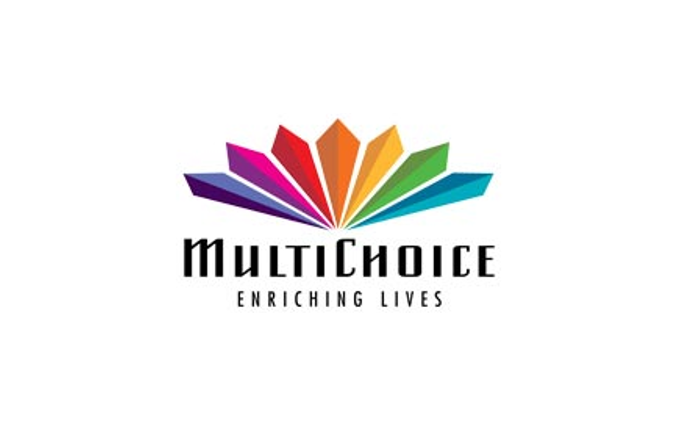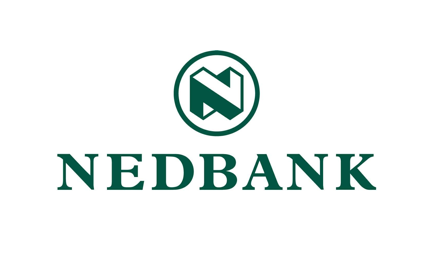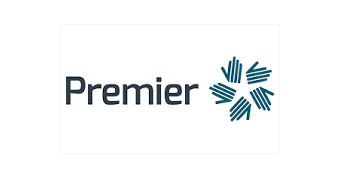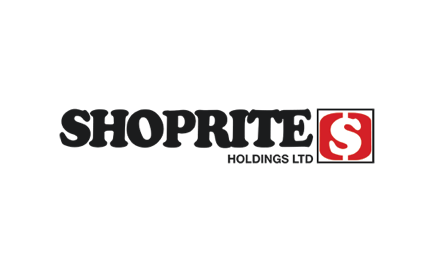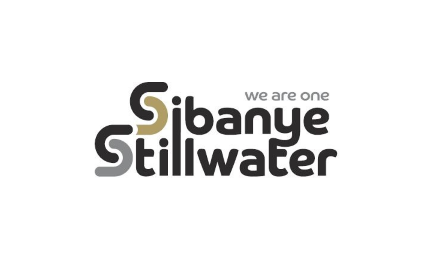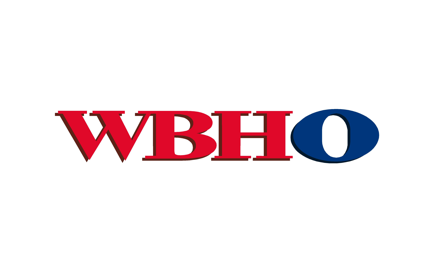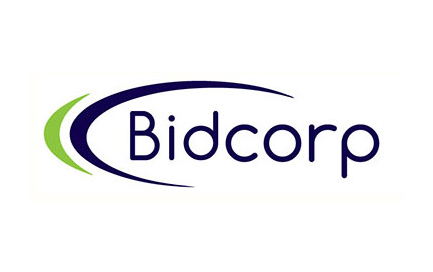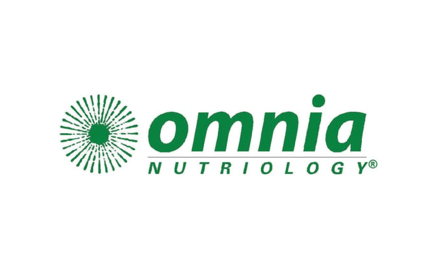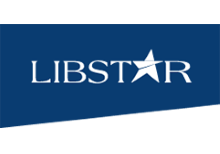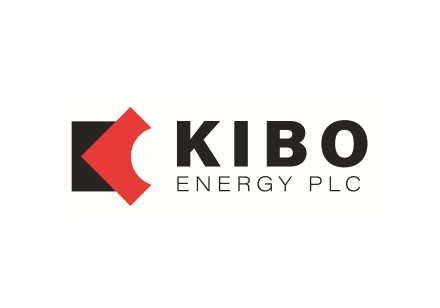Get the latest recap of JSE news in the Ghost Wrap podcast, brought to you by Mazars:

Curro hasn’t been shy with fee increases (JSE: COH)
The financial impact is positive for now, at least
The South African middle class is finding things very difficult right now. Curro is also finding it rather tricky to fill the schools that have been built, perhaps because of these problems plaguing the middle class. In a rather risky strategy from a long-term perspective, Curro seems to be addressing the issue of empty seats by hiking fees where there is a bum on a chair, putting even more pressure on those consumers.
Tuition fees increased by 12%, driving a revenue increase of 15%. The weighted average number of learners only increased by 2%. The rest of the revenue growth is explained by ancillary revenue, which was 33% higher.
Don’t be fooled into thinking that the teachers are getting rich. Employee costs were up 7% and other costs increased by 19% (both on a like-for-like basis).
This means that margins moved sharply higher, with EBITDA up 25% net of head office expenditure. HEPS increased by 19%. Recurring HEPS increased by 32%.
Cash from operating activities only increased by 9%, so the balance sheet has some catching up to do to the income statement performance.
When you consider the extent of tuition fee increases, it’s surprising that Curro makes the statement that the primary focus in the short to medium term is to support and increase the capacity utilisation of existing facilities. That goal doesn’t sound congruent with an approach of above-inflation fee hikes. I worry about how sustainable this approach is.
The MultiChoice offer is up to R125 a share (JSE: MCG)
This is an interesting structure
If you’ve been following the news around MultiChoice, you’ll know that Canal+ needs to make a mandatory offer to shareholders of MultiChoice. The price would’ve been around R105 per share, but to try and expedite the process of a transaction, Canal+ has increased it to R125 per share and MultiChoice has agreed to cooperate in this regard.
Although we don’t know for sure yet, this implies that the MultiChoice independent board is more likely to support this offer than the last one. Having said that, they’ve behaved in an unpredictable manner before. Anything is possible.
Nedbank hit a number of key targets in 2023 (JSE: NED)
Growth in the final dividend of 18% is a solid outcome for investors
Nedbank’s share price enjoyed a strong day on the market, closing 3.3% higher in response to a strong set of numbers for the year ended December 2023. Goodness knows it was a tough year for the economy, with banks reaping the rewards of higher interest rates and larger balance sheets from inflation. There weren’t many winners in the economy outside of the banks!
Nedbank managed to grow revenue for the year by 12%, with net interest income up 14%, non-interest revenue up 6% and associate income up 64%. A 30% jump in impairments blunted the growth at HEPS level, which came in at 11%. The positive surprise here was that the credit loss ratio improved significantly in the second half of the year, coming in at 109 basis points for the full year vs. 121 basis points in the interim period.
This strong end to the year saw Nedbank meet several key financial targets, including a return on equity ahead of the cost of equity (15.1% vs. 15%) and a cost-to-income ratio below 54.0%.
Thanks to these efforts, the final dividend is up 18% at a payout ratio of 57%. The full-year dividend is 15% higher than the prior year.
After a 14-year innings, Mike Brown steps down as CEO and hands over to Jason Quinn. Having had the pleasure of engaging with Mike very early in my banking career, I know that he did an excellent job of navigating an exceptionally disappointing period for the South African economy. Quinn will need to make sure his old red ties are right at the back of the cupboard, with only green ties coming out as he leads the bank through a period that doesn’t look to be getting any simpler in our country.
Premier is on track for a maiden dividend (JSE: PMR)
The focus has been on reducing debt and improving the balance sheet
With Premier attending the Bank of America Sun City conference this week, the company has released an update on recent trading performance.
After the first six months of the year showed the slightest growth in HEPS (up 0.8% despite revenue being up 7.1%), investors couldn’t exactly have been expecting a rocketship for the second half of the year. Indeed, as inflation in soft commodities has settled down, revenue growth has moderated to low single digits.
This means that Premier has focused on maintaining margins, which are in line with the margins for the first six months of the financial year.
Interestingly, the company isn’t pulling back on organic investment opportunities. In fact, capital expenditure for the second half of the financial year is expected to be higher than guidance.
Despite the higher capex, the company has focused on reducing debt on the balance sheet and improving its leverage ratio. The company believes that it is on track to pay a maiden final dividend for the year ending March 2024.
Market share gains yet again for Shoprite (JSE: SHP)
If only we had a reliable electricity supply…
The snowball effect in the grocery market is quite something to witness, with Shoprite continuing to charge forwards and Pick n Pay whimpering in the corner. Somehow, Spar manages to eek out a living and Woolworths is trying to remain relevant to consumers by being more aggressive on price. It’s rather hectic out there.
After strong growth in sales in Supermarkets RSA of 17.5% last year, a 14.6% increase in sales in the latest interim period is an impressive result. The rest of the market could only manage growth of 7.6%, according to NielsenIQ data quoted by Shoprite.
The main thing that has continued to impress me is Shoprite’s ability to grow at every part of the income curve. Everyone talks about Checkers this and Checkers that, yet Shoprite and Usave casually increased sales by 13.1%. They have done some astonishing things in that business to create meal solutions for very low income workers. Checkers and Checkers Hyper grew by 13.7%, so as great as Checkers is, it doesn’t deserve all the attention.
Checkers Sixty60 grew by 63.1%, so the turquoise scooter army rides on.
Taking a geographical view, Supermarkets non-RSA grew 6.2% and Supermarkets RSA grew 14.6%, so the group’s decision to focus on winning in the South African market is paying off. Within the local business, customer visits were up 6.4% and average basket spend increased 7.7%, so Shoprite is winning the sales volumes war at a time when most FMCG businesses in South Africa are only achieving growth through hiking prices.
Gross margin increased ever so slightly from 23.5% to 23.6%, with higher volumes through the tills creating efficiencies back in the supply chain.
Unfortunately, the broader operating conditions (read: load shedding) really blunted the benefit of this sales growth by the time we reach the profit lines on the income statement. Trading profit was up 10.7%, with trading margin down 20 basis points to 5.5% due to R500 million spent on diesel for generators.
Thanks to Eskom, operating profit was up by “only” 8.1%, despite the substantial growth in sales. You can now clearly see why competitor Pick n Pay is getting crushed at the moment, with modest sales growth and the same expense pressures.
Profit after tax only grew by 4.2% at Shoprite and HEPS was up 7.3%, with the dividend per share up by 7.7% as the payout ratio was increased.
For the first six weeks of new financial period (the second half of 2024), Supermarkets RSA has grown 10%. Inflation has slowed down from 7.7% to 5.3%, so that should cause a dip in the growth rate. Shoprite is also quick to remind investors that they are lapping a very strong base.
Sibanye-Stillwater hopes for better PGM prices (JSE: SSW)
The company believes that price weakness in PGMs is temporary rather than structural
Sibanye has certainly had a year to forget, with a massive decrease in the share price as the PGM market fell apart. Revenue for the full year was 18% lower than in 2022, with nickel prices also doing their fair share of damage.
The loss for the period was a colossal R37.4 billion. The good news is that non-cash impairments were R47.5 billion, so the cash situation wasn’t anywhere near that bad. Still, there’s no final dividend, so the full-year dividend was entirely comprised of the interim dividend of 53 cents per share.
If there are any highlights here, it’s that net debt to adjusted EBITDA is 0.58x. The other highlight is the turnaround in the gold operations, helped of course by the higher gold price. The gold operation is too small to save the day by itself though, particularly when you compare its EBITDA for the six months to December (positive R1.148bn) to the losses in the nickel business of R701 million. The net contribution is very small relative to the PGM operations.
In other words, for Sibanye to work out, the PGM price needs to move heavily in the right direction. The recent shift in sentiment away from battery electric vehicles could help here. This is why I’ve very gingerly topped up my PGM exposure in literally the past week, as I think the hype around EVs is finally starting to do what I believed would always happen: disappear.
I’m well aware that any PGM position requires an extremely strong stomach and modest position sizing.
WBHO declares an interim dividend (JSE: WBO)
There is a substantial improvement in profitability at WBHO
Construction companies have a long sales cycle. They first need to secure a strong order book before revenue starts to flow in, so investors have to be patient. The efforts in the order book in the prior period have paid off at WBHO for the six months to December 2023, with revenue from continuing operations up 29% and HEPS coming in at 897 cents vs. 630 cents in the comparable period (growth of 42%).
The net asset value of the group has jumped from R3.3 billion to R4.4 billion. In further good news, the strong order book is still there, sitting at R32.3 billion vs. R32.6 billion as at June 2023.
This has allowed the group to declare an interim dividend of 230 cents per share vs. no interim dividend in the comparable period.
Little Bites:
- Director dealings:
- The CEO of Bidcorp (JSE: BID) has sold a substantial R26.7 million worth of shares in the company. After the run in the price over the past couple of years, I would take careful note of this.
- The outgoing CEO of Aveng (JSE: AEG) sold all the share options that vested on early retirement, for a total of almost R4.4 million. That counts as a sale in my book, as executives usually only sell the portion required to pay the tax.
- Gold Fields (JSE: GFI) has finalised the sale of its 45% interest in Asanko Gold Mine for gross proceeds of $170 million plus a 1% net smelter royalty. $65 million in cash has been received, as well as shares in the acquirer Galiano Gold. The balance of the price is receivable over the next couple of years.
- There is very little liquidity in Putprop (JSE: PRR) so I’ll give the latest financial results a passing mention here. The company owns a portfolio of 13 properties. Net asset value moved from R16.14 to R16.29 over the past year. The dividend per share increased from 4.25 cents to 6 cents.
- If you are interested in Omnia (JSE: OMN), then the company’s presentation at the Bank of America Global Research 25th Annual Sun City Conference 2024 (yes, it’s that much of a mouthful) will be useful for you to read. You can find it here.
- Libstar (JSE: LBR) released a trading statement that has an update to the HEPS guidance based on the exclusion of insurance proceeds from the Denny fire incident. Total HEPS (without adjustments for this issue) will be between 3.5% and 8.5% higher for the year ended December 2023.
- The dilution continues for shareholders in Kibo Energy (JSE: KBO), with the company issuing shares worth £30k to settle a service provider’s outstanding invoices.




